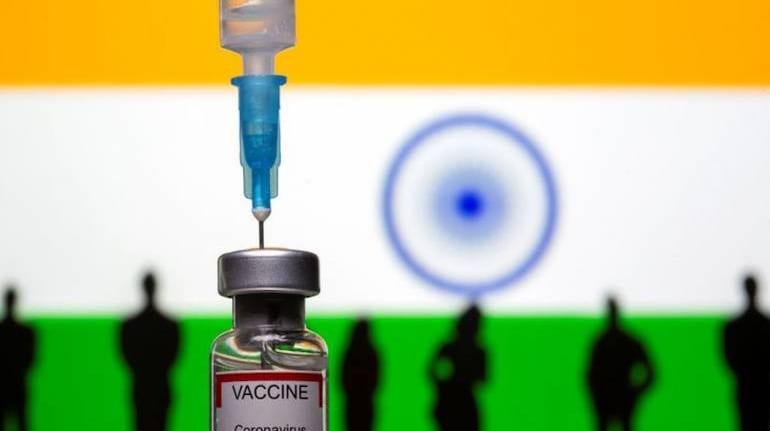
Cadila Healthcare (Zydus Cadila) on August 20 received Emergency Use Authorisation (EUA) from the Drug Controller General of India (DCGI) for ZyCoV-D, the world’s first and India’s indigenously developed DNA-based vaccine for COVID-19 to be administered in humans including children above 12 years of age and adults.
The vaccine has to be administered in three doses – the first dose, and the remaining doses after 28 and 56 days.
Please read an explainer here on ZyCoV-D.
"This three-dose vaccine which when injected produces the spike protein of the SARS-CoV-2 virus and elicits an immune response, which plays a vital role in protection from disease as well as viral clearance. The plug-and-play technology on which the plasmid DNA platform is based can be easily adapted to deal with mutations in the virus, such as those already occurring," said a release from the Ministry of Science and Technology.
Interim results from Phase-III Clinical Trials, in over 28,000 volunteers, showed primary efficacy of 66.6 percent for symptomatic RT-PCR positive cases. This has been the largest vaccine trial so far in India for COVID-19.
"This vaccine had already exhibited robust immunogenicity and tolerability and safety profile in the adaptive Phase I/II clinical trials carried out earlier. Both the Phase I/II and Phase III clinical trials have been monitored by an independent Data Safety Monitoring Board (DSMB)," the release added.
The vaccine was developed in partnership with the Department of Biotechnology, under the ‘Mission COVID Suraksha’ and implemented by BIRAC. ZyCoV-D has been supported under COVID-19 Research Consortia through National Biopharma Mission for Preclinical studies, Phase I and Phase II Clinical Trials and under the Mission COVID Suraksha for Phase III Clinical Trial.
Vaccine Technology Centre (VTC) of the Zydus group, Translational Health Science and Technology Institute (THSTI), an autonomous institute of the Department of Biotechnology (DBT), Interactive Research School for Health Affairs (IRSHA), Pune, and GCLP Lab set up under the Department of Biotechnology - National Biopharma Mission (NBM) also played a vital role in the development of the vaccine.
“It is a matter of great pride that today we have the EUA for the world’s first DNA COVID-19 vaccine ZyCoV-D by Zydus, developed in partnership with the Department of Biotechnology and supported through Mission COVID Suraksha. The Indian Vaccine Mission COVID Suraksha was launched under the Atma Nirbhar Bharat package 3.0 being implemented by BIRAC, and is aimed at the development of safe and efficacious COVID-19 vaccines for public health. We are confident that this will be an important vaccine for both India and the world. This is an important milestone in our Indigenous Vaccine Development Mission and positions India on the Global Map for Novel Vaccine Development,” Renu Swarup, Secretary, DBT and Chairperson, BIRAC, said.
Speaking on the development, Chairman of the Zydus Group, Pankaj R. Patel said, "We put out a safe, well-tolerated and efficacious vaccine to fight COVID-19 with ZyCoV-D. To create the world’s first DNA vaccine at such a crucial juncture and despite all the challenges, is a tribute to the Indian research scientists and their spirit of innovation."
Discover the latest Business News, Sensex, and Nifty updates. Obtain Personal Finance insights, tax queries, and expert opinions on Moneycontrol or download the Moneycontrol App to stay updated!